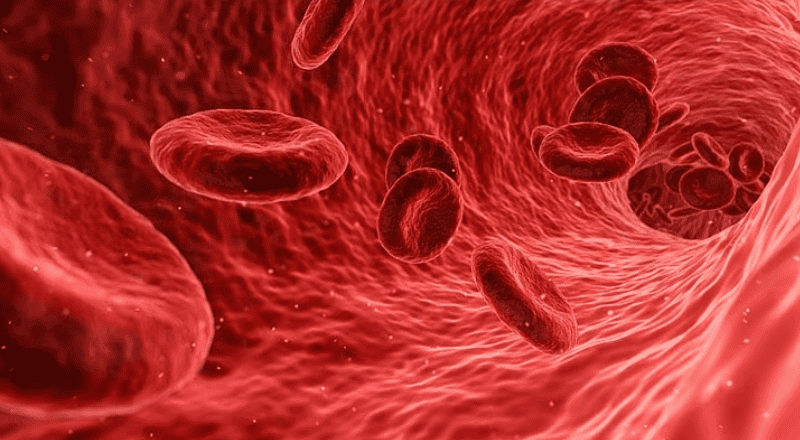On the heels of a groundbreaking FDA approval for a major medtech, a Silicon Valley startup is shaping up to be a possible competitor.
R3 Vascular recently raised $87 million in venture capital cash to support work on its bioresorbable, drug-eluting stent designed for peripheral artery disease—in addition to tapping a new president and CEO.
The company said the proceeds would support its pivotal clinical trial in patients with severe vessel blockages below the knee, including people facing the potential loss of the limb, as well as help scale up its manufacturing base.
Going forward, R3 Vascular will be led by Christopher Owens, who previously served as chief of the intrauterine fibroid ablation developer Gynesonics—and also formerly led IDEV Technologies, maker of a metal stent for reopening the larger arteries of the thigh, which was acquired by Abbott back in 2013. He takes over from R3 Vascular’s founder, Kamal Ramzipoor, who will become chief technology officer.
Now Owens will have to contend with Abbott once again. The devicemaker claimed an FDA green light late last month for its own dissolving scaffold in severe below-the-knee cases of peripheral artery disease, known as chronic limb-threatening ischemia.
Before that, the standard of care has relied almost solely upon balloon angioplasty, as no stents or drug-coated balloons had been approved by the FDA to help the small, twisting vessels of the lower leg stay open over time.
Abbott’s everolimus-eluting Esprit BTK system marked the company’s return to bioresorbable implants—after its Absorb coronary stent was taken off the market about a year after its approval in 2016, following slow sales and concerns over safety compared to metal stents.
R3 Vascular’s Magnitude implant, meanwhile, delivers a dose of the immunosuppressant sirolimus.
“R3 Vascular scaffolds strike a critical balance between strength and flexibility which has enabled designs that are thinner and stronger in a wide range of diameters and lengths suitable to effectively treat complex below-the-knee lesions,” Ramzipoor said in a statement. “We strive to become the new standard of care for PAD interventions.”
The Mountain View, California-based company’s series B round was led by affiliates of Deerfield Management, and joined by previous backers including 415 Capital. Deerfield’s David Neustaedter and Michael Hurley took seats on its board of directors.
“R3 Vascular’s novel bioresorbable scaffolds encompass a world-class polymer and scaffold design that drives significant next-generation advantages with our technology,” said Owens. “This significant financing is also a testament to the belief in our evolutionary bioresorbable scaffold technology to provide treatment for this significant and growing problem of below-the-knee PAD.”

